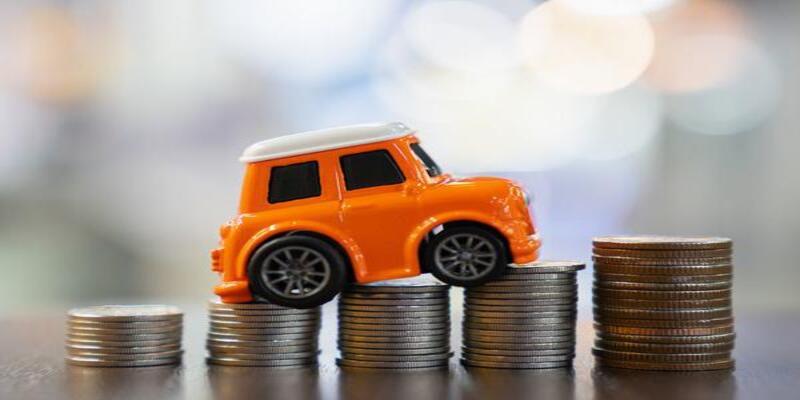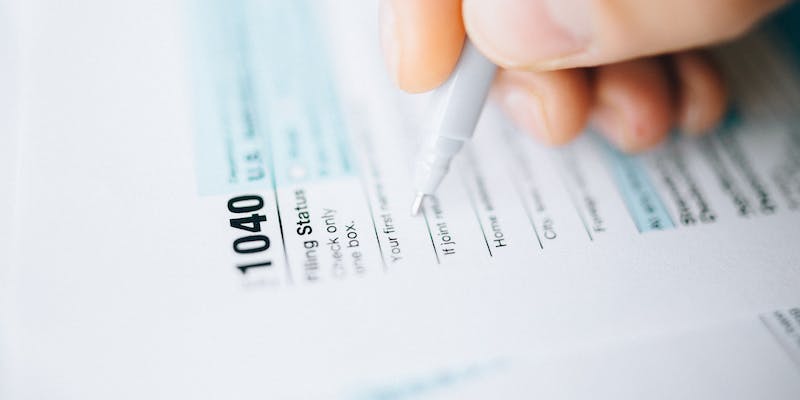Quick Cash Solutions: What to Do When You Need Money Fast During an Emergency
May 19, 2024 By Susan Kelly
Emergencies are inevitable. Whether it's a sudden medical expense, car repair, or unexpected bills piling up, having access to quick cash can alleviate stress and help you tackle the situation head-on. But what do you do when your savings fall short? Here's a comprehensive guide on how to get cash quickly during an emergency.
Quick and Easy Ways to Get Cash When You Need It Fast
Here are some simple steps to access cash during an emergency.
Assess Your Situation
Before diving into solutions, take a moment to assess the gravity of your emergency. Consider the nature of the situationis it a one-time expense or an ongoing financial challenge? Determine the amount of money you need immediately to address the pressing issue.
Additionally, anticipate any potential additional expenses down the line, such as medical treatments or repairs. This clarity will guide your approach to finding the most suitable solution and prevent you from overcommitting or underestimating your financial needs.
Tap into Emergency Funds
If you have an emergency fund, now is the time to use it. Emergency funds are like financial first aid kits, specifically set aside for unforeseen circumstances. Whether it's a dedicated savings account or an emergency fund jar tucked away at home, accessing this money can provide immediate relief.
Evaluate the balance of your emergency fund and withdraw an amount that covers your current needs without depleting the entire fund. Remember, replenishing the fund should be a priority once the crisis has passed so that we can prepare for future emergencies.
Explore Personal Loans
Personal loans offer a quick way to access cash during emergencies. Unlike traditional bank loans, personal loans typically have a faster approval process and require minimal documentation. Research different lenders and compare interest rates, repayment terms, and eligibility criteria to find the best option for your situation.
Before committing to a personal loan, assess your ability to repay it comfortably and avoid taking on more debt than necessary. Responsible borrowing ensures you're not putting yourself in a precarious financial situation down the line.
Consider Payday Loans
While not the most favorable option due to high interest rates, payday loans can provide immediate cash in emergencies. These short-term loans are typically repaid with your next paycheck, making them suitable for urgent situations where you need cash fast.

However, exercise caution and only borrow what you can afford to repay promptly. Calculate the total cost of the loan, including fees and interest charges, to ensure it's a viable solution for your immediate needs. Keep in mind that relying on payday loans as a long-term financial strategy can lead to a cycle of debt, so use them sparingly and responsibly.
Utilize Credit Cards
Credit cards can be a convenient source of quick cash during emergencies. Whether through cash advances or using the card for necessary expenses, credit cards offer immediate purchasing power. Determine your credit card's cash advance limit and consider the associated fees and interest rates before withdrawing cash.
Avoid using credit cards impulsively and only charge expenses that are essential to address the emergency at hand. Be mindful of interest rates and avoid accumulating excessive debt that could worsen your financial situation in the long run.
Monetize Assets
If you have valuable assets such as jewelry, electronics, or collectibles, consider selling them to generate quick cash. Online marketplaces, pawn shops, or consignment stores can help you liquidate assets efficiently. Evaluate the market value of your assets and research potential buyers or platforms to maximize your returns.
While parting with sentimental items may be difficult, prioritizing financial stability during emergencies is crucial. Focus on items that hold significant monetary value and consider selling non-essential possessions to raise the necessary funds.
Explore Gig Economy Opportunities
There are several options in the gig economy to make quick money on your terms. You can make money with your time and abilities by working as a freelancer or providing on-demand services through websites like Fiverr, TaskRabbit, and Uber.
Using these platforms to complete jobs for people or organizations, drive for ride-sharing services, or offer freelance writing or graphic design skills can all help generate a consistent income during times of need. Examine your abilities, passions, and availability to locate gig economy possibilities that suit your tastes and budget.
Seek Financial Assistance
In times of dire need, don't hesitate to seek financial assistance from family, friends, or charitable organizations. Swallowing your pride and asking for help can alleviate financial burdens and ensure you have the necessary resources to weather the storm.
Reach out to trusted individuals in your network and explain your situation openly and honestly. Alternatively, explore charitable organizations, religious institutions, or community-based support programs that offer financial assistance to individuals facing emergencies.
Cut Expenses and Prioritize Essentials
During emergencies, it's essential to trim unnecessary expenses and prioritize essentials. Evaluate your spending habits and identify areas where you can cut back temporarily to free up funds for urgent needs.

Review your monthly budget and eliminate discretionary expenses such as dining out, entertainment subscriptions, or non-essential purchases. Consider more affordable alternatives for essential expenses, such as cooking meals at home, using public transportation, or shopping for generic brands.
Plan for the Future
Once the immediate crisis has passed, take proactive steps to prepare for future emergencies. Establishing a robust emergency fund, improving financial literacy, and exploring insurance options can safeguard you against unforeseen circumstances. Reflect on lessons learned from the current emergency and identify areas for improvement in your financial preparedness.
Set realistic savings goals and commit to building a financial safety net that aligns with your income, expenses, and long-term financial objectives. By learning from past experiences and implementing sound financial practices, you'll be better equipped to handle emergencies with confidence and resilience.
Conclusion
Emergencies can strike when least expected, but with the right approach, you can navigate them effectively. Whether tapping into emergency funds, exploring alternative financing options, or leveraging the gig economy, there are various ways to access quick cash during emergencies.
By assessing your situation, prioritizing essentials, and planning for the future, you can weather any financial storm that comes your way. Remember, staying calm and proactive is key to overcoming challenges and achieving financial stability in the long run.
-
 Savings Nov 05, 2024
Savings Nov 05, 2024Car Loans 101: Car Buying Made Easy Guide
In simple terms, an auto loan is a type of finance for purchasing a vehicle.
-
 Taxes Dec 25, 2023
Taxes Dec 25, 2023Form 1040 Explained: Key Features of The U.S. Individual Tax Returns
Form 1040 is due to the IRS by April 15 every year. This form applies to high-income earners. Read more about its key features.
-
 Know-how Nov 22, 2023
Know-how Nov 22, 2023Understanding the Basics of Pet Insurance: A Comprehensive Coverage Guide
This article offers a detailed guide on the benefits, common exclusions, and top tips for choosing and maximizing pet insurance, ensuring your pet gets the best possible care.
-
 Taxes Mar 23, 2024
Taxes Mar 23, 2024Avoid Penalties: Key Tax Dates Every Taxpayer Should Know
This guide provides an in-depth guide on major tax deadlines for the fiscal year, tips to avoid penalties, and resources to stay compliant with the IRS.
